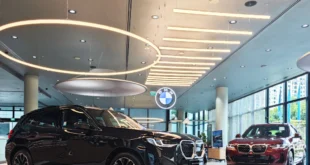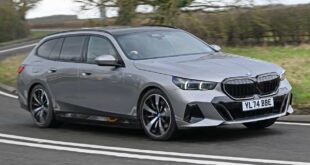BMW has decided not to set an end date for its petrol and diesel vehicles, emphasizing their continued importance in the brand’s strategy. According to Bernd Korber, BMW’s senior vice president of brand and product, the company will maintain a variety of internal combustion engines (ICE), including hybrids, alongside its electric vehicles (EVs).

Korber explained that BMW’s flexible approach involves building all drivetrains on one production line. This strategy allows BMW to adapt to market changes without significant disruptions. For example, the 2025 BMW X3 SUV will feature turbo-diesel engines and plug-in hybrids in Europe, with two petrol engines available in Australia.
BMW’s ‘Neue Klasse’ electric architecture, debuting in 2025, will underpin new electric models like the iX3 and an electric 3 Series but won’t replace existing ICE platforms. Instead, these platforms will be updated to meet emissions standards, providing a strategic safety net for BMW.
This approach is similar to that of the BMW-owned Mini, which offers electric models on dedicated platforms while continuing to sell petrol vehicles on revised older platforms. BMW will also keep petrol engines in high-performance models like the M3 and M4 alongside their electric counterparts.
While competitors like Volvo and Audi are setting end dates for ICE vehicles, BMW believes in a more flexible strategy, considering regulation and customer needs. This mirrors recent shifts by other automakers like Mercedes-Benz and Toyota, offering diverse powertrain options based on market demands.
 BMW.SG | BMW Singapore Owners Community The Ultimate BMW Community – Established Since 2001
BMW.SG | BMW Singapore Owners Community The Ultimate BMW Community – Established Since 2001













